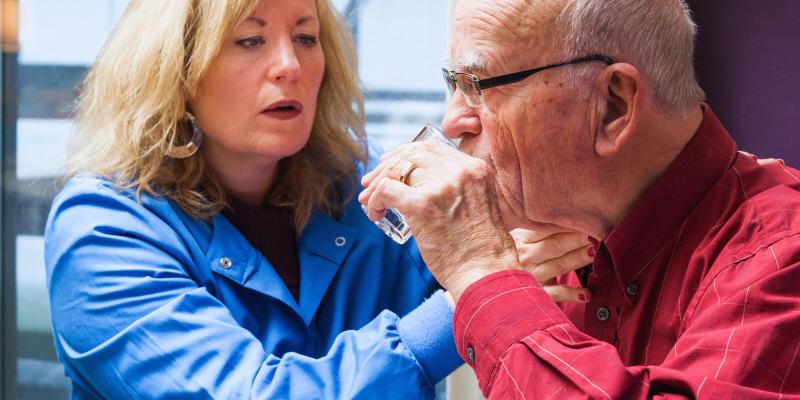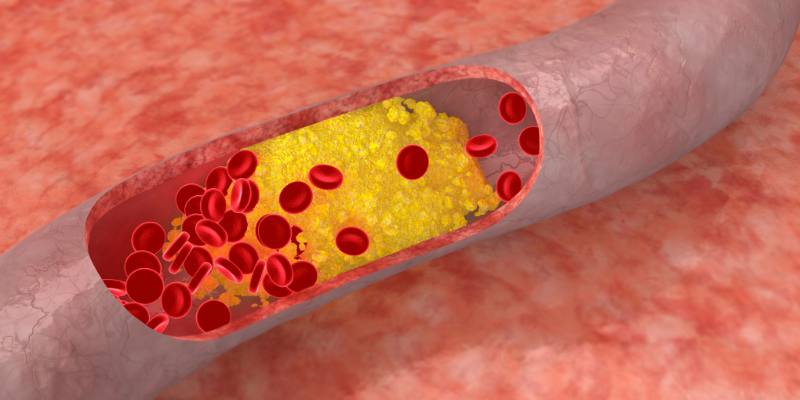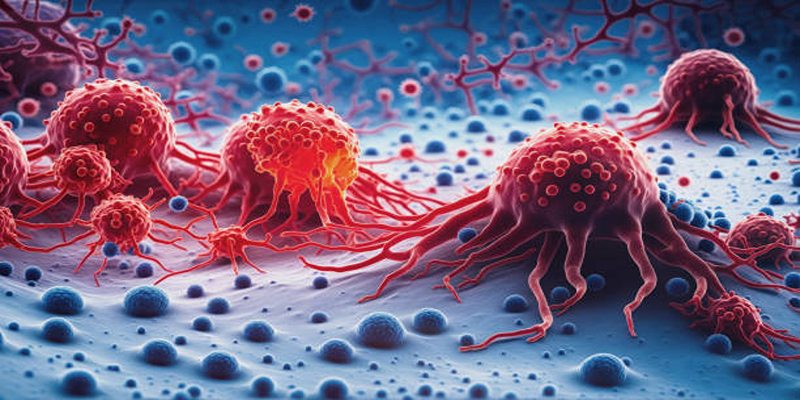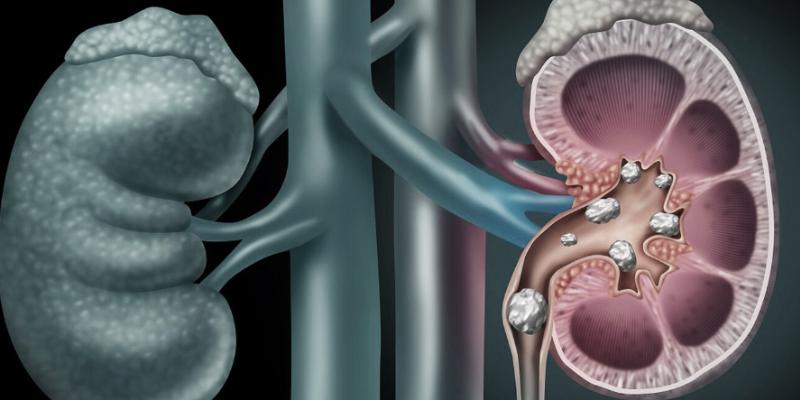Exploring the Best Treatment Options for Dysphagia: A Comprehensive Guide
Dysphagia is a condition in which swallowing becomes difficult. Structural issues in the neck, muscular disorders, or neurological diseases can all contribute. Those with dysphagia have trouble swallowing meals, liquids, and even saliva. Other health issues, such as malnutrition and dehydration, can follow from this condition. Treatment of dysphagia depends on its degree of intensity and cause. While some therapies help to reduce symptoms, others seek to increase swallowing capacity.
Common approaches reduce issues and improve quality of life through speech therapy, dietary changes, medical operations, proper therapy, and early diagnosis. This article covers numerous treatment options for dysphagia, from therapy and medications to medical surgeries. Knowing these options helps patients and relatives to make the best decisions for managing the disease.

What is Dysphagia?
The medical condition dysphagia produces either difficult or painful swallowing. It could affect saliva, drinks, or meal swallowing capacity. Anatomical blockages in the throat or esophagus, muscle weakness, or neurological disorders can cause dysphagia. Those with dysphagia may cough, choke, or feel as though food is caught in their throat. Two main types of dysphagia are oropharyngeal dysphagia—which affects the mouth or throat—and esophageal dysphagia—which connects to the esophagus.
Commonly occurring dysphagia can be brought on by conditions including stroke, Parkinson's disease, multiple sclerosis, and achalasia. Other causes include reflux disorders, GERD, and esophageal cancer; also included are muscle issues. Unchecked dysphagia can create serious issues like aspiration pneumonia, dehydration, and malnutrition. Treatment depends on the underlying reason, which can call for dietary modifications, speech therapy, surgery, or medications.

Treatment Options For Dysphagia
Below are different ways to manage dysphagia:
Speech and Swallowing Therapy
Speech-language pathologists (SLPs) determine much of dysphagia's treatment course. They guide exercises aimed at strengthening the muscles employed in swallowing. These drills aim to improve coordination and control, therefore facilitating swallowing. One widely utilized technique is strengthening throat muscles; this is the Mendelsohn maneuver. One alternative, though, is the supraglottic swallow, which prevents choking.
Furthermore, swallowing is safer if postural techniques such as tucking the chin are utilized. Therapists could suggest changes in meal consistency to reduce choking risk. Thick drinks and soft foods are usually easier to swallow. Regular therapy sessions over time enable patients to take control and boost their swallowing skills.
Dietary Modifications and Nutrition Support
For persons with dysphagia, dietary changes are essential. A customized diet ensures vital minerals and helps to prevent choking. Food could have to be pureed or chopped into smaller pieces. Liquids need thickening if they are more palatable. A nutritionist may create a tailored meal calendar depending on the patient's needs. Simple to swallow, soft meals like mashed potatoes, yogurt, and pudding abound. Some people may find high-calorie supplements required to maintain weight. If swallowing becomes too difficult, a feeding tube could be needed. It ensures a proper diet devoid of choking risk. Considering the degree of dysphagia, feeding tubes could be either temporary or permanent.
Medications for Dysphagia
Medications can help with dysphagia brought on by acid reflux or inflammation. Proton pump inhibitors (PPIs) reduce stomach acid, easing oesophageal irritation. Antacids and H2 blockers also help to reduce dysphagia connected with reflux. One could advise certain patients on muscle relaxants. These help with the esophageal spasms, so enabling swallowing. In some conditions, including achalasia, botulinum toxin (Botox) injections can also assist in easing tight muscles. Doctoral medication changes rely on patient response. One should pay attention to medical recommendations. It is thus advisable to document any undesirable consequences. Though it might not be able to cure dysphagia, medication by itself can assist in reducing symptoms.
Medical Procedures and Surgery
Medical treatments could be required when therapy and medications are insufficient. One often-used treatment is dilating therapy. A doctor widens a narrow esophagus by passing a balloon or tube. It lessens obstructions and enables better swallowing. In severe circumstances, surgical possibilities could be taken into consideration. An operation called esophageal myotomy slices tightly contracted esophageal muscles. Often used for achalasia, a disorder compromising muscle performance, is this. Laryngeal suspension is another choice since it aligns the voice box to help with swallowing. For patients who cannot properly swallow, feeding tubes provide another surgical fix. These surgeries support better general health and swallowing ability.
Alternative and Assistive Therapies
Some people with dysphagia may find relief from alternative therapy. One choice is neuro-muscular electrical stimulation (NMES). It triggers swallowing muscles with tiny electrical currents. Over time, this can increase strength and coordination. In some cases, oropharyngeal exercises and acupuncture are also discussed. Some patients find these techniques beneficial even though the study is still ongoing. Patients can learn greater control of their swallowing muscles through biofeedback methods. One can also find assistance from assistive devices. Straws and special glasses simplify drinking. Adaptive utensils enable individuals with poor hand coordination to eat on their own. These devices lower the danger of choking and increase comfort.
Psychological and Emotional Support
Living with dysphagia can be quite taxing emotionally. Common is anxiety and a choking dread. Certain people avoid public dining or feel lonely because of their illness. Support groups and counseling can assist patients in handling these difficulties. Additionally, during treatment, speech therapists offer emotional support. They track patient development and motivate them. Family members can contribute by being patient and supportive. Additionally useful for lowering swallowing-related anxiety are mindfulness and relaxation exercises. Learning to control stress enhances general living quality and increases food enjoyment.
Conclusion:
Although dysphagia might interfere with daily activities, many therapies can help swallowing and general health. Management of the illness includes speech therapy, dietary adjustments, medications, and medical operations. Every treatment is grounded on the cause and degree of dysphagia. Combining therapy, diet, and medical attention forms a customized method that performs well. Early diagnosis and constant therapy can result in notable changes. To identify the best answers, patients should carefully cooperate with medical experts. People with dysphagia can have greater quality of life and better swallowing ability with correct therapy and support.











